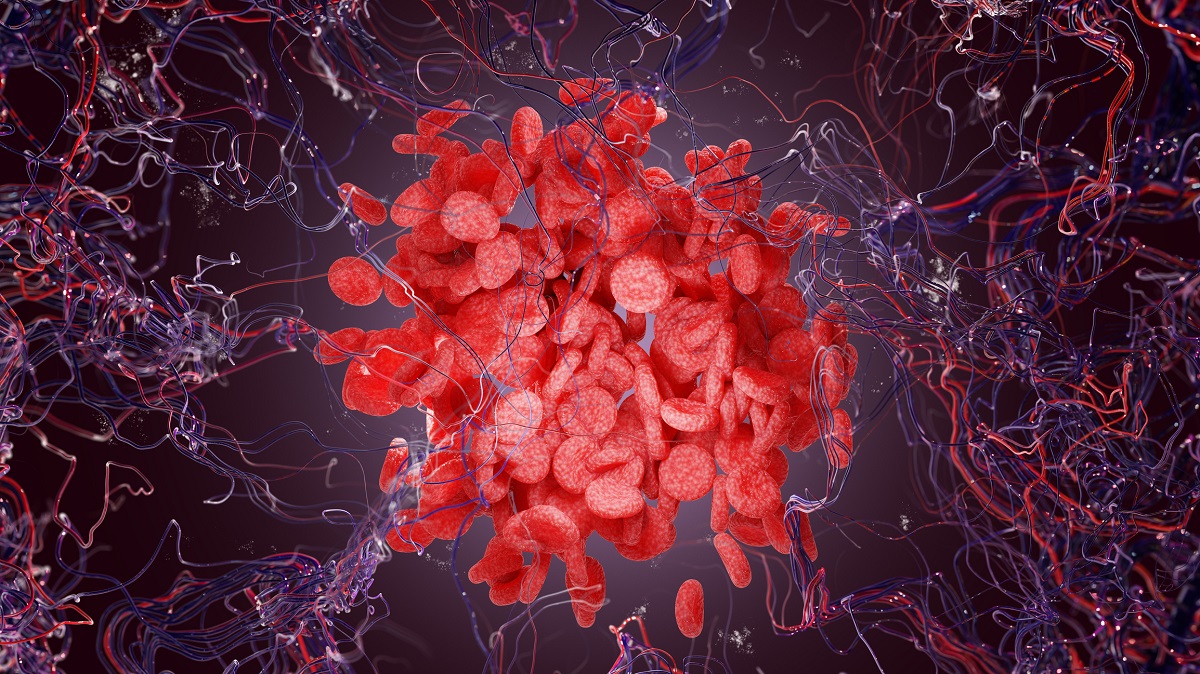KEY TAKEAWAYS
- The phase 1a/1b study aimed to evaluate the efficacy of ELVN-001 in CML patients with or without T315I mutations.
- The primary endpoints were to determine the safety and DLTs.
- The ongoing study will assess the RDE, safety, & PK profile of ELVN-001
The first-in-human trial with ELVN-001 offered that BCR::ABL1 tyrosine kinase inhibitors (TKIs) have enhanced survival in chronic myeloid leukemia (CML). Yet, challenges persist, including ABL T315I mutations and drug efflux transporters leading to resistance, loss of disease control, and tolerability issues.
While BCR-ABL1 TKIs have revolutionized CML treatment, challenges like T315I mutations, BCRP-mediated resistance, and intolerability persist. ELVN-001, a highly selective ABL1 inhibitor, targets T315I effectively with favorable PK properties, enabling once-daily dosing and minimizing off-target effects like BCRP inhibition and QTc prolongation. This suggests its potential to address unmet needs in CML therapy.
Mauro, M., and his research group aimed to test ELVN001 in CML patients with or without T315I mutation. They also analyzed the safety, drug levels in the body, and early signs of effectiveness against the disease.
In the Phase Ia dose escalation study, a 3+3 design will be employed, starting with continuous oral ELVN-001 at 10 mg/day. Escalation to the maximum predicted biologically effective dose will proceed in 28-day cycles until treatment failure, disease progression, or unacceptable toxicity, with dose exploration in ≤30 patients (n≤10/dose level).
Phase Ib will assess ELVN-001 in three cohorts (n=20 patients each) at the recommended doses for expansion (RDE). The study actively enrolls BCR::ABL1–positive adult patients with chronic phase CML, with or without T315I mutation, intolerant to or having failed prior TKI therapy (per ELN 2020). Eligible participants have an Eastern Cooperative Oncology Group performance status of 0–2, adequate hematologic and organ function, and resolved adverse effects from prior therapy, including allowance for prior bone marrow transplantation.
The eligible participants for BCR::ABL1–positive chronic phase CML (with/without T315I mutation) include adults intolerant to or failing prior TKI therapy (per ELN 2020), with Eastern Cooperative Oncology Group performance status 0–2. They must have adequate hematologic and organ function and resolve adverse effects from prior therapy. Bone marrow transplantation history is permissible as a participant.
The primary endpoints include safety (CTCAE version 5.0) and, in Phase Ia, the incidence of dose-limiting toxicity (evaluated in the first 28 days of treatment). Secondary endpoints included PK and molecular response. For Phase Ib, additional secondary endpoints comprise the duration of molecular response, BCR::ABL1 transcript levels, and complete hematologic response. Ongoing analyses will ascertain the RDE of ELVN-001, assess its safety and PK profile, and evaluate preliminary efficacy.
The ongoing analyses of the trial will ascertain the RDE of ELVN-001, assessing safety, PK profile, and preliminary efficacy. This study is sponsored by Enliven Therapeutics.
Source: https://clml-soho2023.elsevierdigitaledition.com/344/index.html
Clinical Trial: https://clinicaltrials.gov/study/NCT05304377
Mauro M, Lang F, Kim DW, et al.(2023) ”First‑in‑Human Phase I Study of ELVN‑001, an Oral, Selective BCR::ABL1 Tyrosine Kinase Inhibitor, in Patients With Chronic Myeloid Leukemia Who Failed Prior Tyrosine Kinase Inhibitors.” Presented at SOHO 2023. (Abstract CML-487).



